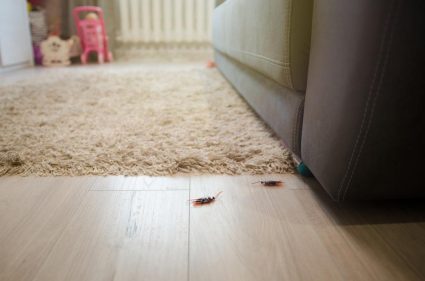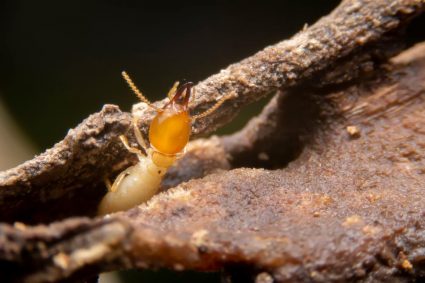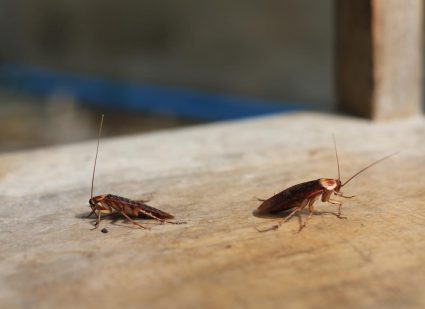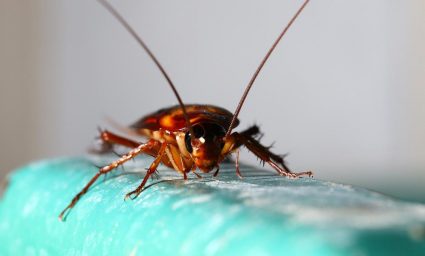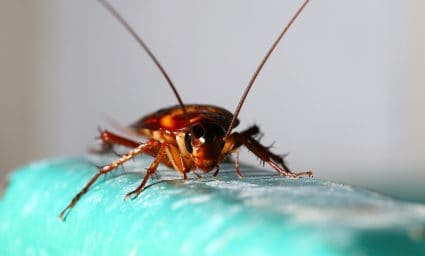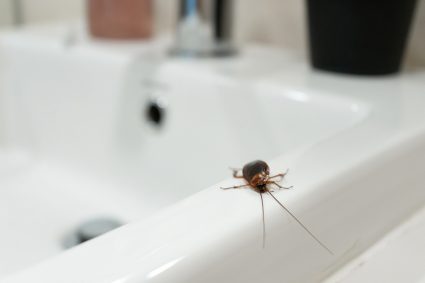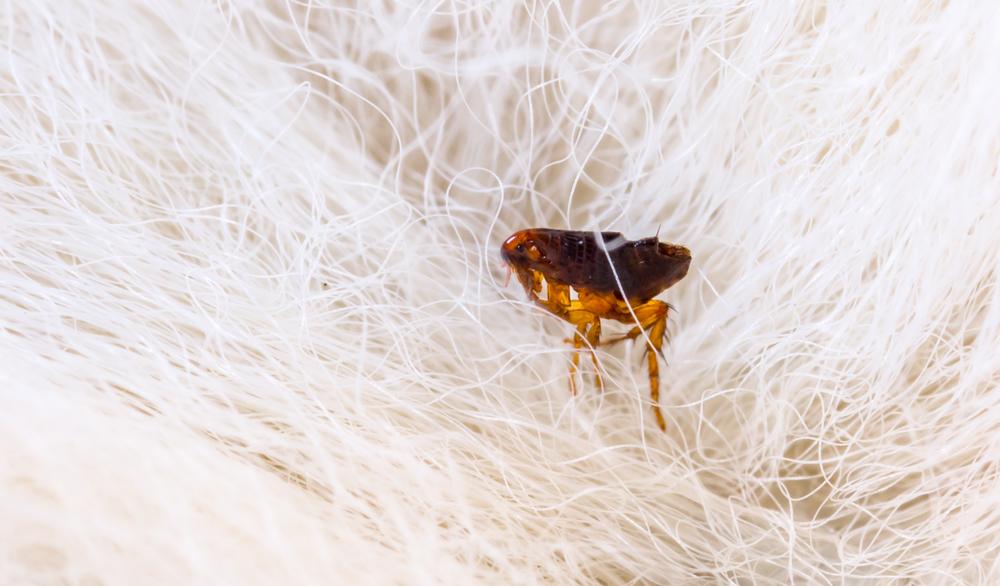
Maintaining a clean and pest-free yard is not only essential for the aesthetics of your home but also for the health of your family and pets. Fleas and chiggers are two common pests that can wreak havoc in your yard and cause discomfort or even diseases. In this comprehensive guide, we’ll uncover effective strategies to eliminate these pests from your yard and prevent future infestations.
To get rid of fleas and chiggers in your yard, start by mowing your lawn and trimming tall vegetation to reduce their habitat. Remove sources of excess water and apply diatomaceous earth or environmentally friendly insecticides. Spread cedar mulch, improve air circulation, and keep the yard clean. Treat your pets with flea treatments and use natural remedies like citrus extracts, essential oils, and certain plants. Regular vacuuming, cleaning of pet bedding, and yard maintenance can help prevent future infestations.
Recognizing Fleas and Chiggers
Before diving into the control measures, it’s crucial to understand what we’re dealing with. Fleas are small, dark, and reddish-brown insects that thrive on animal or human blood. On the other hand, chiggers are a type of mite whose bites can cause local pruritus (itching) and irritation. These pests can be identified by their bites, their presence on pets, or sightings in your yard.
Effective Methods to Eliminate Fleas and Chiggers
Here are several proven methods to get rid of fleas and chiggers from your yard:
1. Mow Your Lawn and Trim Tall Vegetation
Regular mowing and trimming of tall grass, weeds, and bushes can reduce the habitat for fleas and chiggers, making your yard less hospitable for them.
2. Remove Excess Water
Fleas need access to water to thrive, so removing sources of standing water can help control their population.
3. Use Diatomaceous Earth
Sprinkle diatomaceous earth, a natural powder made from fossilized diatoms, over your yard to help kill fleas and chiggers.
4. Apply Insecticides
Spray your yard with environmentally friendly insecticides to kill fleas and chiggers. Make sure to protect yourself during this process by wearing gloves and a mask.
5. Spread Cedar Mulch
Cedar mulch can help repel fleas. Spread it generously around your yard, especially in areas where your pets frequently visit.
6. Improve Air Circulation
Practicing healthy lawn care, such as regular mowing and trimming, can improve air circulation and make your yard less hospitable to chiggers.
7. Keep the Yard Clean
Remove debris, loose leaves, and piles of cut grass from your yard, as these can provide hiding spots for fleas and chiggers.
8. Treat Your Pets
Treat your pets with flea shampoo or other flea treatments to prevent them from bringing fleas and chiggers into your yard.
By combining these methods, you can effectively eliminate fleas and chiggers from your yard.
Natural Remedies to Repel Fleas and Chiggers
In addition to the methods mentioned above, there are several natural remedies to keep these pests at bay:
1. Citrus Extracts
Citrus peels contain natural flea repellents. You can use a citrus peel spray in your yard to deter fleas.
2. Essential Oils
Essential oils like citronella, eucalyptus, peppermint, tea tree, and rosemary can help repel fleas and chiggers.
3. Apple Cider Vinegar Spray
Diluted apple cider vinegar can be used as a flea repellent. A light spray on your pets can keep fleas away.
4. Plants
Certain plants, like lavender and rosemary, can help repel fleas. Plant them around your home to create a natural deterrent.
5. Hot Shower
Washing with hot water can help remove chiggers from your skin.
6. Baking Soda Scrub
Mix equal parts of baking soda and water to control chigger bite itch.
Remember to consult with a healthcare professional or veterinarian before using any home remedies on yourself or your pets.
Preventing Flea and Chigger Infestations
Prevention is always better than cure. Here are some preventive measures to keep fleas and chiggers at bay:
1. Regular Vacuuming
Vacuum carpets, rugs, cushions on chairs and sofas, and other surfaces where pets frequent. Empty the vacuum bag outside when finished.
2. Clean Bedding
Wash pet bedding and other linens frequently with soap and water.
3. Yard Maintenance
Keep grass trimmed and remove weeds to eliminate chigger habitats. Chiggers are less common in maintained lawns and landscaped environments.
4. Use Insect Repellents
Apply skin-based repellents like DEET, picaridin, IR-3535, and oil of lemon eucalyptus to protect yourself from chiggers. For clothing, use permethrin spray to repel chiggers.
5. Treat Pets for Fleas
Bathe and brush pets regularly, check for fleas, and consult your veterinarian about flea control products suitable for your pet.
By following these preventive measures, you can significantly reduce the risk of flea and chigger infestations in your home and yard.
In conclusion, maintaining a flea and chigger-free yard involves a combination of proactive measures, regular maintenance, and the use of natural or commercial products. Remember, the key to successful control is persistence and consistency. So, start implementing these strategies today and enjoy a clean, pest-free yard.
Frequently Asked Questions
How often should I mow my lawn to prevent flea and chigger infestations?
It’s recommended to mow your lawn at least once a week during the warmer seasons when fleas and chiggers are most active. Regular mowing can disrupt their life cycle and reduce their population.
Can I use any type of mulch to repel fleas?
Cedar mulch is particularly effective at repelling fleas due to its natural insect-repelling properties. Other types of mulch may not have the same effect.
Are there any side effects of using diatomaceous earth in my yard?
Diatomaceous earth is generally safe for humans and pets. However, it can be harmful if inhaled in large amounts. Always use a mask when applying it and keep children and pets away during the application.
What type of insecticides are safe to use in my yard?
Look for insecticides that are labeled as safe for pets and children. These usually contain natural ingredients and are less toxic. Always follow the instructions on the product label for safe and effective use.
How often should I treat my pets for fleas?
It’s advisable to treat your pets for fleas every month, especially during the warmer seasons when fleas are most active. However, the frequency may vary depending on the product used and the severity of the infestation. Always follow the instructions provided by the product manufacturer or consult with a veterinarian.
Do all essential oils repel fleas and chiggers?
Not all essential oils repel fleas and chiggers. The most effective ones include citronella, eucalyptus, peppermint, tea tree, and rosemary. Always dilute essential oils before applying them as they can be potent and cause skin irritation.

